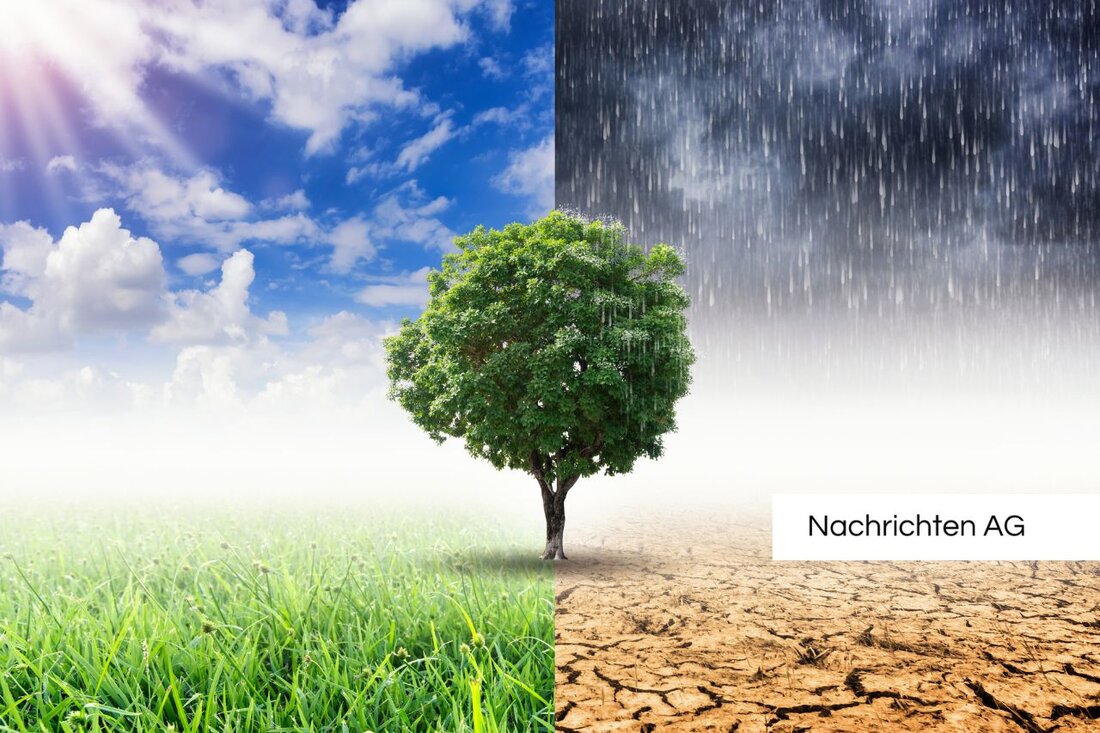Glacier loss: Our water in danger - urgent need for action!
Glacier loss: Our water in danger - urgent need for action!
A new study by glacier researchers: Inside the universities of Innsbruck and Bristol, alarming developments in glacier development shows. In a report by
Even if the 1.5 ° C goal is observed, a loss of 35 % glacier mass is inevitable. The study under the direction of the World Glacier Monitoring Service at the University of Zurich shows that the glaciers have lost an average of 5 % of their ice since 2000. Regional differences are significant: While the glaciers have lost only 2 % on Antarctic Islands, the loss in Central Europe is already 39 %. summarized the global glacier loss has led to a total loss of 6,542 billion tons of ice since 2000, which contributes approximately 18 millimeters to the increase in global sea level. In addition, the study indicates devastating trends: The annual glacier melt increased from 273 billion tons of ice cream per year in the period 2000–2011 to 314 billion tons per year in the period 2012–2023. The progressive melt and the loss of glacier mass are alarming: "After heating the oceans, glaciers are the second largest cause of the global sea level increase", according to an analysis of the Friedrich-alexander-universität Erlangen-nürnberg . long -term consequences of the glacier melt
global and regional: numbers and trends
| Region | percentage glacier shrinkage since 2000 |
|---|---|
| Antarctic and subantarctic islands | 2 % |
| Central Europe | 39 % |
Glacier has lost about 18 % more mass than the Greenland ice shield and more than twice as much as the antarctic ice shield. Scientists emphasize that a quick reduction in emissions is essential to avoid irreversible consequences and to promote long -term preservation of the glaciers and their water resources. Receiving the global temperatures around 1.5 ° C could protect up to 2500 more than 10 % glacier mass compared to a short temperature exceeding.
In summary, research shows that the glacier melting is a complex challenge that has both short -term and long -term effects on water supply, sea level and the climate. The scientists appeal to politics and society to proceed against global warming and give the glaciers a chance to regenerate.| Details | |
|---|---|
| Ort | Mitteleuropa, Deutschland |
| Quellen | |


Kommentare (0)